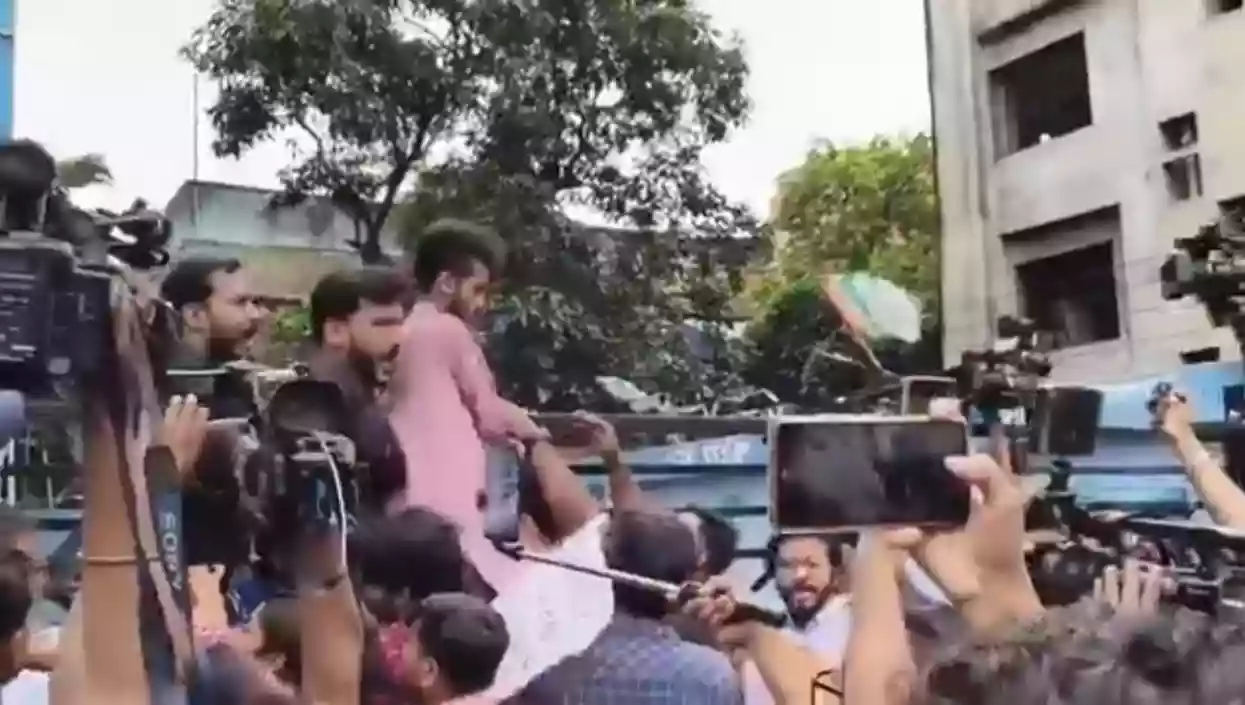Protests erupt outside Kasba Police station as 3 arrested in alleged Kolkata college gang rape
.gif)
.gif)

Three members of Jamaat-ul-Mujahideen Bangladesh (JMB) were arrested in West Bengal last week, prompting intensified surveillance by state and central intelligence agencies across multiple districts. Officials have focused on regions with a history of extremist activity and those sharing a border with Bangladesh.
Two of the arrested individuals, Azmal Hussain and Saheb Ali Khan, were apprehended on Friday from Nalhati in Birbhum district. Both are residents of the same district. Based on information obtained during their questioning, a third accused, Abasuddin Molla, was arrested on Saturday from Patra village in the Diamond Harbour Lok Sabha constituency of South 24 Parganas district.
Agencies have since increased monitoring in the border districts of Murshidabad and Malda, which have a significant minority population. Surveillance has also been extended to parts of Birbhum, East Bardhaman, and Hooghly districts. These areas have been identified for their past links to extremist networks and sleeper cell activity.
In 2014, a blast in Khagragarh, East Bardhaman, had led to the recovery of 55 crude bombs, RDX, watch dials, and SIM cards. Investigations linked the explosion to JMB, and 19 individuals were convicted in the case, including four Bangladeshi nationals. Since then, security agencies have kept several minority-dense areas in the district under watch.
Authorities are also examining links between recent unrest in Murshidabad during protests against the Waqf (Amendment) Act and illegal infiltration from Bangladesh. Intelligence inputs have named other Bangladesh-based outfits such as Hizb-ut-Tahrir (HuT) and Ansarullah Bangla Team (ABT) for possible involvement in mobilising groups within the region.
.webp)
Muslim family leads 400-year-old Rath Yatra in Howrah symbolising Bengal’s communal harmony

Protests erupt outside Kasba Police station as 3 arrested in alleged Kolkata college gang rape